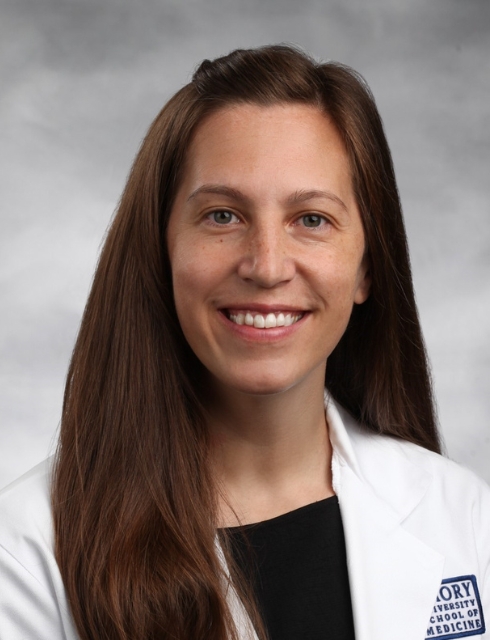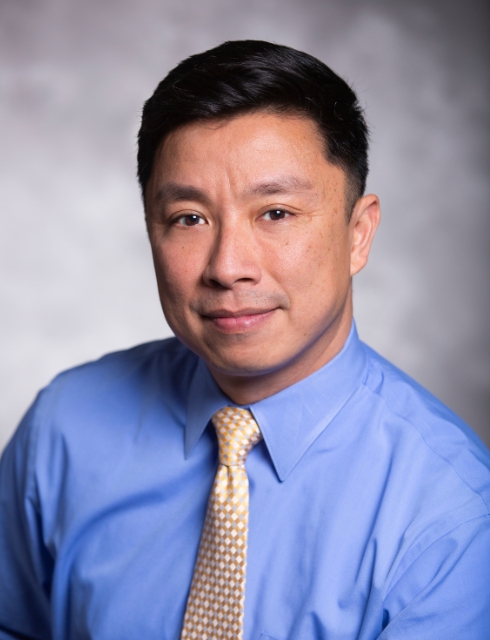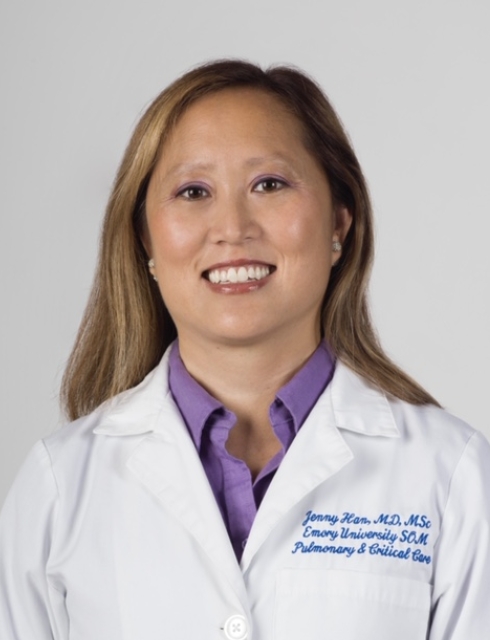ATLANTA – Emory University has been awarded $1 million for up to five years to expand access and care to its multidisciplinary long COVID clinics at Emory University Hospital Midtown and Grady Memorial Hospital. A main focus of the grants, which are the first of their kind, will be on underserved, rural and minority populations that are disproportionately impacted by the disease.

Tiffany Walker, MD
“We are very excited for this opportunity to provide the coordinated care that COVID long-haulers deserve,” says Tiffany Walker, MD, assistant professor of medicine in the Division of General Internal Medicine at Emory and Grady and principal investigator (PI) of the AHRQ grant. “We understand that long COVID care can be fractured, and many patients have not received validation of their symptoms.”
Long COVID is commonly described as signs, symptoms and conditions that continue or develop after an initial COVID-19 infection, with people experiencing persistent and potentially disabling health impacts. Experts say these complications can have serious implications for people affected, particularly underserved minority populations, who historically have had poor access to affordable, quality health care.

Alex Truong, MD, MPH
In the long COVID clinics, patients can expect to see:
- future extended hours
- telemedicine services
- expansion of the clinics’ subspecialty network with expertise in long COVID
- expansion of the behavioral health and rehabilitation services and
- increased care coordination and social services.
Thanks to the AHRQ funding, the Grady Long COVID Clinic is expected to reopen in early 2024. Between its original opening in January 2021 until it closed in December 2022, clinicians cared for approximately 250 patients with long COVID.

Jenny Han, MD, MSc
The AHRQ funding initiative is part of the Biden-Harris Administration's effort to accelerate scientific progress and provide individuals with long COVID the support and services they need.
“These nine grants have strong potential to serve as a roadmap for developing improved care models for primary care and specialty clinics serving populations disproportionately impacted by the effects of long COVID,” says AHRQ Director Robert Otto Valdez, PhD. “We look forward to sharing actionable knowledge from AHRQ grantees with other health care providers to support high-quality care for vulnerable patients with long COVID.”
This new grant builds on infrastructure established by the Researching COVID-19 to Enhance Recovery (RECOVER) Initiative, a multi-site long COVID study that seeks to understand and treat long COVID, with several recruiting sites in Atlanta.
Patients receiving care in the Emory and Grady Long COVID Clinics will also be offered participation in long COVID clinical trials, which are led at Emory/Grady by Walker, Han Truong, and RECOVER PIs.
“We aim to provide a unique experience for patients where their symptoms and concerns are heard and addressed, where the number of providers they are required to see is minimized, and where effective treatments and therapies may be identified through clinical trials to find much needed relief for these patients,” says Walker.
Additionally, the grant includes funding for a long COVID patient advisory committee that will provide feedback on the operations of the clinics to ensure the needs of the community are being met.
The AHRQ U18 grant 1U18HS029944-01 awarded is entitled ‘Implementing and Evaluating New Models for Delivering Comprehensive, Coordinated, Person-Centered Care to People with Long COVID (U18)’.

